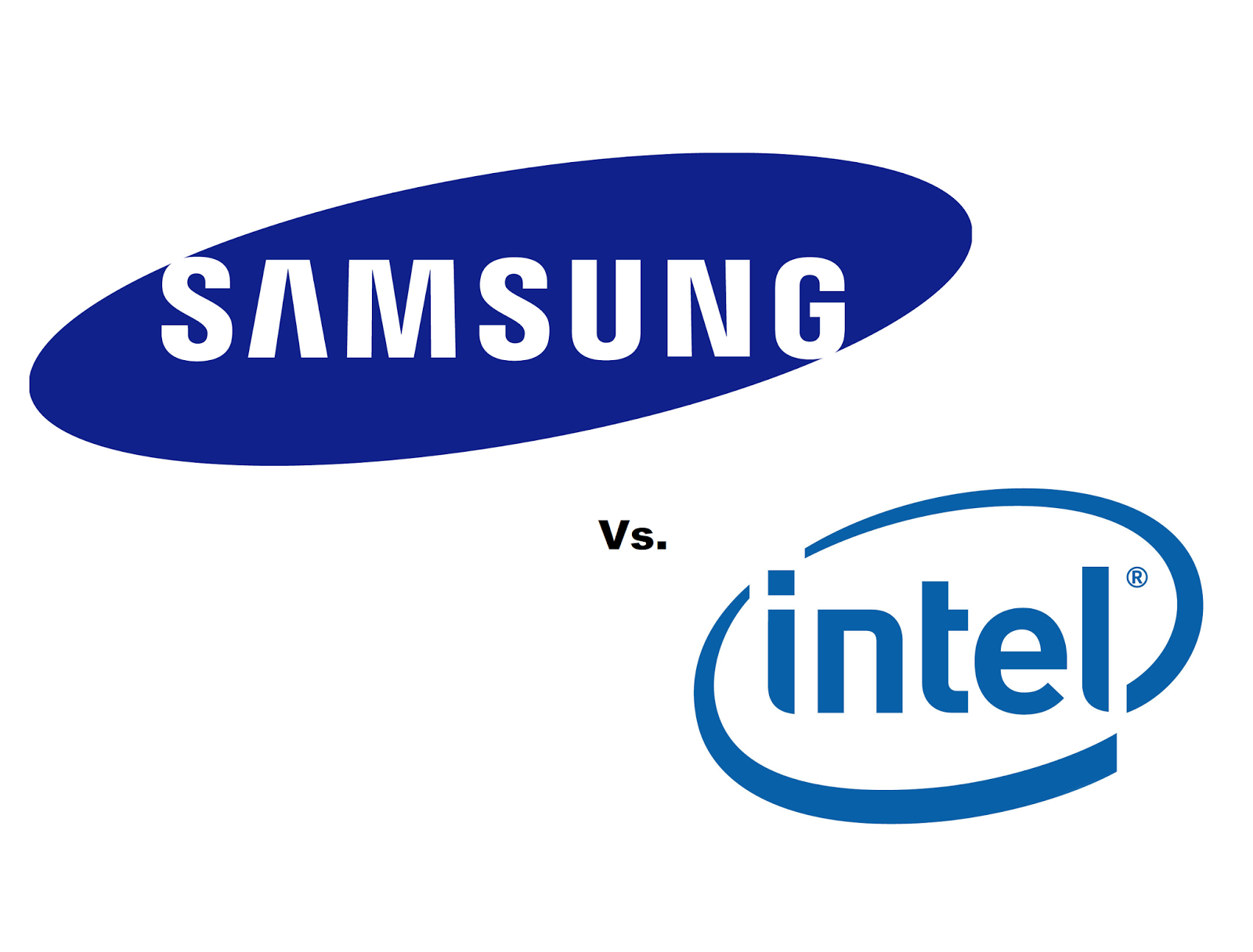Introduction:
Samsung Group’s key electronic subsidiaries unite to accelerate glass substrate commercialization, pioneering collaborative research and development in the semiconductor industry.
This strategic initiative aims to surpass even the semiconductor rival Intel, who embarked on glass substrate R&D a decade ago, by achieving commercial success at a faster pace. The semiconductor industry is currently witnessing fierce competition, especially in the packaging sector, where the race for leadership in chip miniaturization and packaging materials is intensifying.
Follow us on Linkedin for everything around Semiconductors & AI
Collaboration Details:
As per industry sources on the 12th of this month, Samsung Electro-Mechanics has joined forces with major Samsung Group electronic subsidiaries, including Samsung Electronics and Samsung Display, to initiate collaborative R&D on glass substrates.
Samsung Electronics is expected to contribute its expertise in the combination of semiconductors and substrates, while Samsung Display will play a role in glass processing.
Samsung Electro-Mechanics joins Samsung Electronics and Samsung Display in pioneering joint glass substrate research, marking a significant milestone in collaboration.
In January 2024, Samsung Electro-Mechanics announced its goal to commence mass production of glass substrates by 2026 at the CES 2024 event.
Industry insiders anticipate synergistic benefits from Samsung’s collaboration. Each company contributes top-tier technological capabilities. The field of glass substrate research shows promise. Samsung’s unified efforts promise a robust ecosystem. Expect significant developments in this space.
Read More:Nvidia’s H100 AI GPUs Projected to Surpass Energy Consumption of Georgia and Costa Rica – techovedas
Glass Substrate Advantages:
There are two main aspects to explore regarding Samsung and glass substrate technology:
Benefits of Glass Substrates:
- Durability and Reliability: Glass substrates offer superior strength and heat resistance compared to traditional organic packaging materials. This translates to longer-lasting and more dependable chips.
- Higher Interconnected Density: Glass is much thinner than organic materials, allowing for a denser packing of transistors within a chip. This paves the way for even more powerful and miniaturized processors.
Samsung’s Strategy:
- Competitive Edge: By aiming for mass production by 2026, Samsung hopes to gain a significant lead over competitors like Intel (targeting 2030).
- R&D Collaboration: Samsung Electro-Mechanics is leveraging the expertise of other Samsung branches like Samsung Display to expedite the development process.
Overall, Samsung’s push for glass substrates signifies a potential revolution in chip packaging technology, offering significant advantages in chip performance and longevity.
Read More:Which Country is Winning the Quantum Computing Race? – techovedas
Global Rivals:
Samsung’s formidable rival in the glass substrate domain is the American semiconductor giant, Intel.
Intel announced in September of the previous year its plans to commence glass substrate mass production around 2030.
Intel allocated $1 billion for glass substrate R&D in Arizona. Investment spans a decade.
Aims to solidify supply chain. Competing in tech innovation.
Japan’s Ibiden, the world’s leading substrate manufacturer, also entered the glass substrate market in October of the previous year, declaring its commitment to R&D.
Domestic Competitors:
Within South Korea, SK Group’s subsidiary SKC has established a subsidiary, Appolix, and is collaborating with leading global semiconductor companies like AMD to pursue glass substrate mass production.
Read More:What are the Top 10 Companies in Electric Vehicle Market – techovedas
Conclusion:
As Samsung Group’s electronic subsidiaries unite for glass substrate R&D, the semiconductor industry braces for a paradigm shift.
The race for dominance in this critical technological frontier intensifies, with the potential for groundbreaking advancements that could reshape the landscape of chip manufacturing.
The competition with global players like Intel and domestic contenders like SKC adds a layer of complexity to this dynamic and evolving industry.




